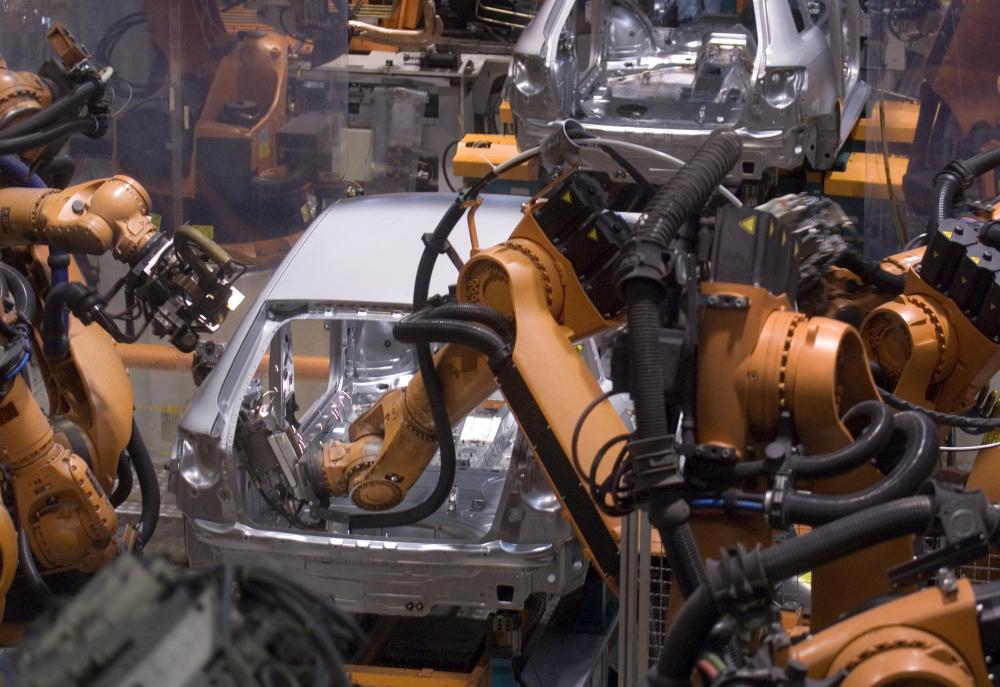At SmartCapitalMind, we're committed to delivering accurate, trustworthy information. Our expert-authored content is rigorously fact-checked and sourced from credible authorities. Discover how we uphold the highest standards in providing you with reliable knowledge.
What is Incremental Cost?
Incremental cost is the cost associated with increasing production by one unit. Because some costs are fixed and other variable, the incremental cost will not be the same as the overall average cost per unit. The cost figure can be used for a variety of economic calculations, most notably the point at which increasing production ceases to be efficient.
A very simple example would be a factory making widgets where it takes one employee an hour to make a widget. As a simple figure, the incremental cost of a widget would be the wages for the employee for an hour plus the cost of the materials needed to produce a widget. A more accurate figure could include added costs, such as shipping the additional widget to a customer, or the electricity used if the factory has to stay open longer.

The incremental total is always made up of purely variable costs. It represents the added costs that would not exist if the extra unit was not made. That means that many fixed costs such as rent on a factory or buying a machine are not usually represented. However, if an economist wanted to be extremely precise, they might include some element of these fixed costs where they could specifically link them to the production of the extra unit. For example, producing even one extra widget would cause a tiny bit extra wear and tear on the machine.

In many cases, the average cost of a unit will be higher than the incremental cost. This is because the average cost takes account of fixed costs. For example, if a company spends a set sum on machines each year, this cost will be represented in the average cost of each unit produced on those machines. It will not be included in the cost because producing one extra unit does not require any more spending on buying machines. Where this happens, the incremental expense is lower than the existing average cost and thus increasing production by one unit slightly lowers the average cost: this is known as economy of scale.
This is not always the situation, however. In most situations there will eventually come a point where increasing production gives an incremental cost which is higher than existing average cost. Perhaps the most common example would be where a factory’s workforce is working to full capacity. Adding just one more unit to output would either require paying overtime or spending money on recruiting new staff. In this situation, the incremental cost is higher than the existing average cost and thus drives the average cost upwards.
AS FEATURED ON:
AS FEATURED ON:












Discussion Comments
@aaaCookie, the incremental cost approach usually does not consider the costs you discuss. However, some businesses have started considering how potentially increasing the incremental cost to do things like pay workers better wages might allow them to eventually lower project costs through better productivity, or to raise the price of finished products by advertising to consumers that they were made in a more fair-trade, living-wage environment.
In addition to incremental and average costs, many economists today also like to consider the concept of the "actual" cost. In an actual cost, we consider things like societal or environmental costs suffered by the community because of some form of production. For example, if a company pays its employees the lowest possible wage per hour, it will lower their incremental cost. However, it will also raise the actual cost, because it will increase the number of people in a region being paid lower than a living wage. This can especially be seen in places still considered part of the "developing" world, where many of the jobs have been outsourced from the West.
Post your comments